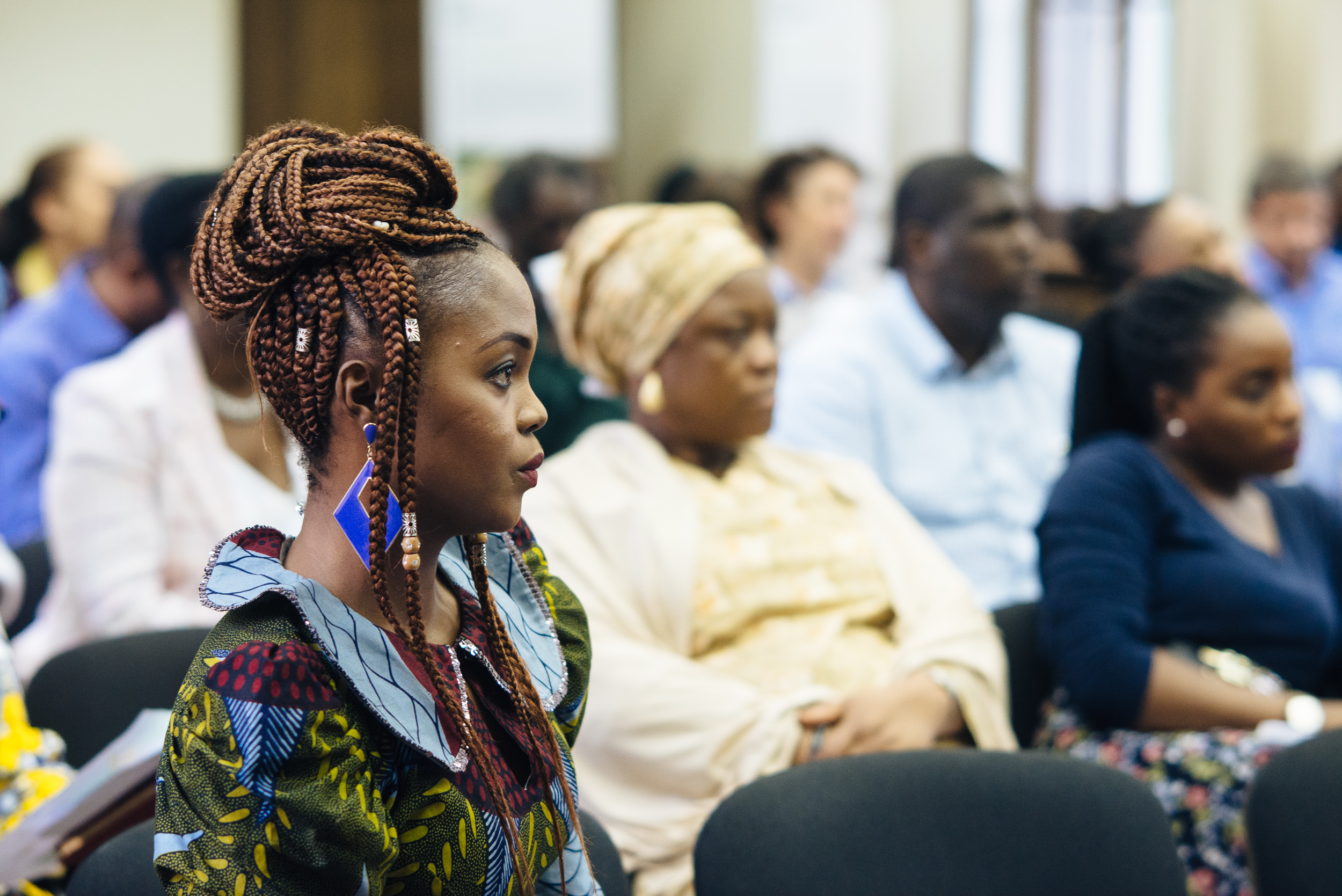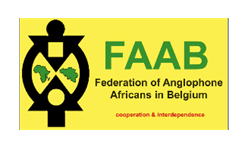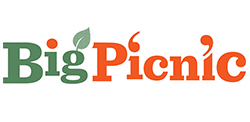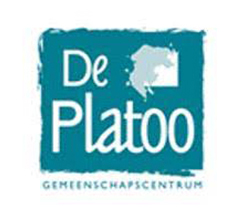 Picture from 2019 African Diaspora Agrofood Forum. photo credit- Photoresk
Picture from 2019 African Diaspora Agrofood Forum. photo credit- Photoresk
Held on Friday 17th of April 2020, this e-meeting on the Impact of COVID-19 on African Diaspora Agrofood entrepreneurs focused on 4 main topics;
- Will the Covid-19 lockdown affect African Diaspora entrepreneurs more and why
- What are the most difficult challenges facing African Diasporas Entrepreneurs now
- What support have they been able to get
- What support do they need now and moving on from the Covid-19 crisis.
In their opening remarks, the African diaspora agrofood entrepreneurs agreed that, in as much as the covid-19 epidemic will affect all entrepreneurs; it will be harder on African Diaspora Entrepreneurs. This is because their input in the sector is always overlooked in Africa and Europe, hence they are rarely considered during discussion on support for the agrofood sector from either side. This means the entrepreneurs will eventually have to bear the covid-19 financial burden alone.
For these agrofood entrepreneurs, there is much more at stake than just business. Many African diaspora entrepreneurs start projects because they see a need in their communities, which they can help to improve with their resources or skills. Thus as agrofood entrepreneurs they take a step further than the usual remittances, by investing their incomes ( earned working in Europe) in agrofood projects. So with the Covid-19 crisis, although the farms are not bringing in any income the workers are still paid.
Most of the projects utilize social enterprise models, focusing on making positive impacts on the communities. Hence none of the entrepreneurs is willing to lay off their workers. As Mr Steve Ebhota pointed out, a lot of resources have gone into training the workers and if laid off, many of them may not return to farming again. Dr Awung also stated that many of the workers are like family, so she knows their problems, making it difficult for her to sack them. As a result she has to find a means of paying the staff even though she is not working now in Europe too.
Many rural farmers in the communities, rely heavily on the resources of the African Diaspora entrepreneurs such as infrastructure, finance, trainings, materials, access to markets and products. If the Diaspora entrepreneurs are in difficulty, it will have a serious effect on different segments of the communities. This was highlighted by Mrs Nyirabyago, who explained that her mushroom farm collaborates with rural women in the Kivu region of Rwanda; training, providing seeds and access to markets for their businesses. With covid-19 neither her products nor those of the rural farmers it supports, can access the markets. So she worries too that when this is all over, the women will not have the financial ability to start again or the willingness to return to farming.
For most African Diaspora entrepreneurs irrespective of sector, access to investment and financial support is always a challenge.This is a reality for many of the entrepreneurs. Some who managed to get loans in the past, are now worried they may default on their loans due to financial constraints from COVID-19 crisis. In view of the impact of Covid-19 on the agrofood sector, Mrs Zilipa also highlighted the importance of insurance for agrofood entrepreneurs.
Prior to the crisis, all the entrepreneurs travelled often to oversee their businesses. With the travel ban, they had to cancel trips and depend more on their local managers. Even for their local workers, the lockdown has also made it difficult for them to travel to work. Some of the entrepreneurs like Mr Alpha Diallo have residence in their farms, so the workers can remain within the farm for the duration of the lockdown.
Although online communication is the norm in Europe, for African entrepreneurs there is still a challenge trying to maintain communication via whatsapp, telephone and video calls. In as much as these are useful, the inadequate internet connection and power supply, have made it a frustrating experience for some. Another challenge is the cost implication of the constant communication with the workers in Africa, from cost of top-up cards, data, to electricity for charging phones and laptops. Energy as stated by Mrs Djukom is at the centre of all the challenges of African Diaspora Entrepreneurs.
Due to the lack of access to markets, entrepreneurs involved in animal husbandry like Dr Awung and Chief Tonia Emejuru, have lost some of their stock too.To control the loss of income, some of the animals were slaughtered but facilities such as cold room needed for the preservation are not available. Despite their efforts to smoke dry the meat, a substantial amount of stock was still lost.
Although the entrepreneurs emphasized the lack of support from government and its agencies, Ms Ivy Wambui pointed out that there is improvement in some African countries such as Kenya, the government is now becoming more focused on entrepreneurship. Hence their willingness to provide support; a good example being the Kenyan government facilitating the export of horticulture even in the midst of covid-19. She sees this as a good practice that can be replicated by other countries.
Post COVID-19 challenges for African Diaspora Agrofood Entrepreneurs
Looking at what they may face after the covid-19 pandemic, the African Diaspora Agrofood entrepreneurs acknowledged that although there will be more challenges but there will be new opportunities too. The main worry is the fast recovery of the agrofood sector after this crisis, and its impact on food security in the future. Mr Alpha Diallo referring to the situation in Senegal, pointed out that the lockdown means the rainy season will start but farmers will be unable to go to the farms. A situation that may affect food security in the coming year, considering that each crop has its planting time. Moreover, the lockdown also affects access to seeds and materials.
Mr Ebhota also stated that the period after Covid-19, will be a reality check and a time to look inwards. Hence governments need to prioritize agriculture more and recognize the contribution of African Diasporas in the sector. Furthermore Ms Veronica Rubio said this period and the future, provides a great opportunity for the entrepreneurs to think outside the box. She pointed out that although there are challenges, Africans are very resilient. So entrepreneurs need to watch how consumers will behave and identify new opportunities in the local market. Ms Natasha emphasised that there is no need to be fearful, rather the COVID-19 experience should be viewed as a time for changing mindsets and using new ideas; some of which may require going back to the more traditional way of growing and using food.
Ms Yentyl Williams in her remarks said this is a time to reflect, on what society needs life to be post covid-19 and may be helpful to focus on sustainability. She also sees a need to connect to the young entrepreneurs now. Ms Ivy Wambui also emphasised that young people have the capacity to facilitate change.
Regarding the lack of electricity and energy, Ms Wambui suggested that more use of green energy and solar drying systems may be the solution some entrepreneurs need. Supporting this view, Mr Steve stated that building a training centre that has solar energy, internet, laptops and all facilities, has been beneficial to his business especially at this period.
In her contribution, Ms Marie-Helene Kestemont briefly explained some of the roles COLEACP is playing in the ACP agrofood sector. In reference to the covid-19 epidemic, she stated that they are doing their maximum to support agrofood entrepreneurs in ACP countries, with trainings and other relevant resources. She later shared a COLEACP update regarding covid-19,trade and markets for horticulture products in ACP and EU countries.
Ms Michelle Seck emphasised the commitment of FAO to the agrofood sector . She also mentioned that there is continuous effort to liaise with African governments, to mitigate the impact of covid-19 on the food system. Reiterating FAO’s willingness to engage with stakeholders in the sector, she maintained that even those from the African diaspora can benefit from some of their services and resources.
In conclusion, the African Diasporas agrofood entrepreneurs recognize the difficulties the global economy is facing now and after covid-19. Irrespective of that, they also believe their efforts should be recognized and acknowledged. With the lack of support from governments and agencies, establishing partnerships and more corporation among the African Diaspora agrofood entrepreneurs was deemed very relevant. Since all African Diaspora Agrofood entrepreneurs are interested in the development of Africa, uniting will be to the benefit of Africa.
In attendance for this meeting were;
Dr Suzanne Nvenakeng Awung – Founder, Suzy farms Cameroun
Mr Steve Ebhota - Founder Esan Farms Nigeria
Mrs Zilipa Nyirabyago- Founder Moulin du Nil Blanc Ltd (MNB) Rwanda
Ms Ivy Wambui – Youth Agribusiness Alliance Kenya
Ms Natasha – Founder, Mama Nati Hot Sauce Britain
Alpha Diallo – Agrofood entrepreneur Senegal
Ms Yentyl williams – Founder ACP young Professionals / PhD researcher on EU and Innovation in International Trade.
Mrs Marthe Djuikom – Founder Ferdedsi Cameroun
Ms Grace Jepkosgei – University of Cranfield United Kindom
Mr Forkwa Forpong – Co-Founder Boost Green Cameroun
Ms Michelle Seck – FAO Brussels Office
Ms Veronica Rubio – CoWisdom Brussels
Ms Laura Ganza - CNCD /11.11.11 Brussels
Ms Marie- Helen Kestemont - COLEACP
Compendium
Upcoming Events
The Helping Hand Project
In collaboration with Kwabre Ne Sekyere Belgium,Mfantesman vzw,Voice of Women International, Kente FM and other African organizations, we are organizing "The Helping Hand project",is an action started in 2016, aimed at feeding the homeless in the Brussels area. We are in need of volunteers to help with the cooking, packing and distribution of food to the homeless and needy. We are also still looking for sponsors for this project. We do not accept funds but prefer sponsorship in the form of donations of desired food items, food packaging materials. if you are interested in giving a helping hand, contact us on This email address is being protected from spambots. You need JavaScript enabled to view it.







 For the first time, two visionary women have been jointly honored as the 2025 African Diaspora...
For the first time, two visionary women have been jointly honored as the 2025 African Diaspora...  The Collective Action on Forgotten Food is calling on women artists, designers, illustrators...
The Collective Action on Forgotten Food is calling on women artists, designers, illustrators...  The Food Bridge vzw, with the support of its partners, publishes an annual Compendium...
The Food Bridge vzw, with the support of its partners, publishes an annual Compendium...  Diaspora organizations in Belgium are vibrant and diverse—spread across...
Diaspora organizations in Belgium are vibrant and diverse—spread across...  30 years ago in Beijing, women from around the world demanded equality and also made history. The...
30 years ago in Beijing, women from around the world demanded equality and also made history. The...  Registration is still open for the upcoming FAO & ICMPD event on 𝗔𝗴𝗿𝗶𝗳𝗼𝗼𝗱...
Registration is still open for the upcoming FAO & ICMPD event on 𝗔𝗴𝗿𝗶𝗳𝗼𝗼𝗱... 






